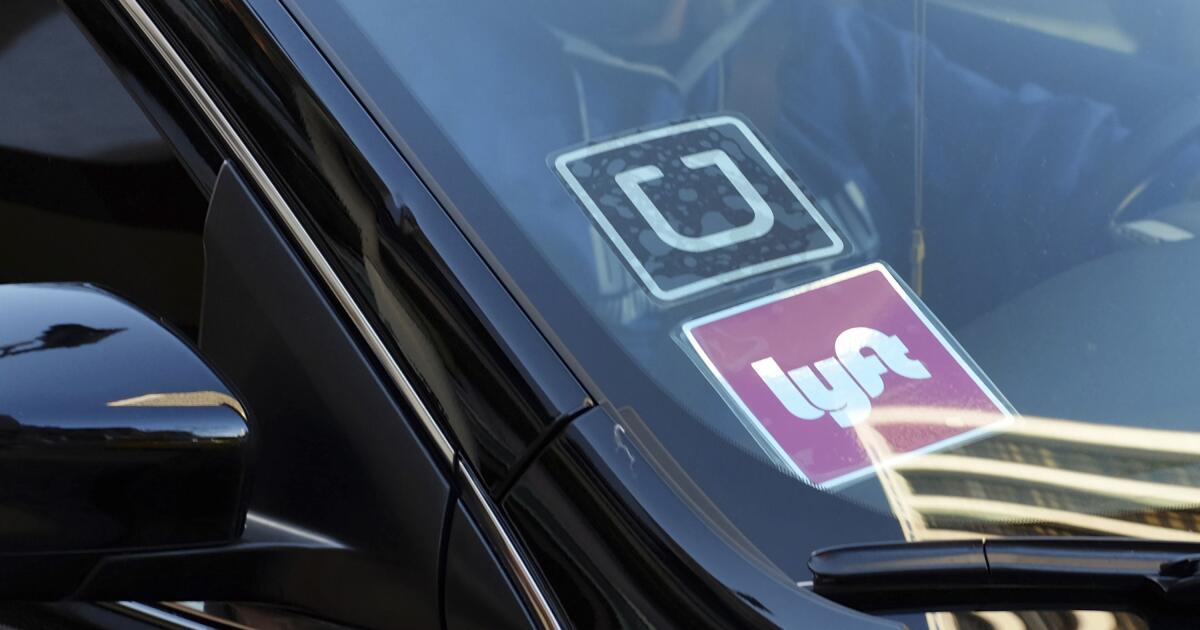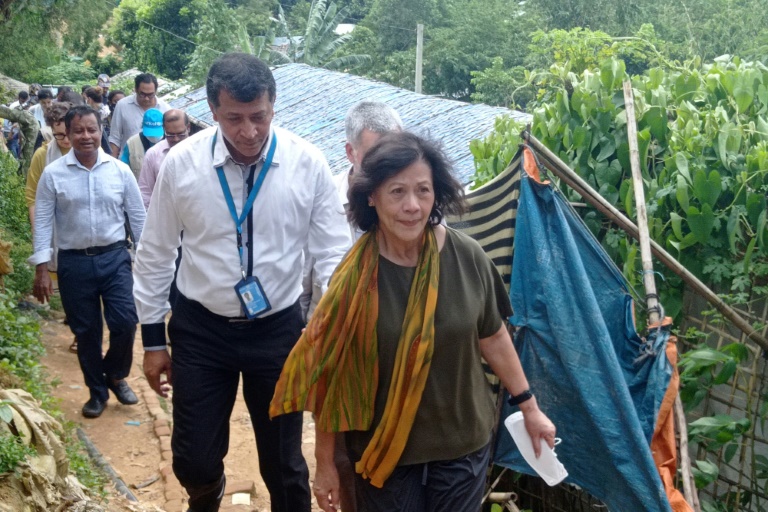Ghana’s ruling party voted on Saturday in primaries to elect its candidate for next year’s presidential ballot, with Vice President Mahamudu Bawumia widely favoured to win.
The West African country is undergoing its worst economic trouble in years, and the crisis is set to dominate the election campaign ahead of the December 2024 ballot to succeed President Nana Akufo-Addo.
Bawumia, a former deputy central bank governor, is touted by pollsters to win the New Patriotic Party (NPP) candidacy and face opposition National Democratic Congress candidate, ex-president John Dramani Mahama.
“I will give the NPP its best chance to win,” Bawumia told reporters on Thursday. “I am committed to the unity of the NPP, and I as the party’s flagbearer will bring everybody on board.”
“I believe I’m more popular with the grassroots than with the establishment.”
His main opponent, Kennedy Agyapong, was also confident of victory on Saturday, looking to tap into his own grassroots party backing.
“We’re expecting at least 70 percent of the votes,” his spokesman said. “We are not basing our confidence on any opinion polls. We are with the grassroots.”
Primary results are expected around 1600 GMT on Saturday.
Kwasi Amakye-Boateng, politics lecturer at Kwame Nkrumah University of Science and Technology, told AFP “the polls favour Bawumia”.
“Obviously, he appears to be in the lead. However, he should not be complacent. It is not going to be an easy task for him in the main elections if he wins, looking at the state of the economy now,” he said.
Former agriculture minister Owusu Afriyie Akoto and ex-MP Francis Addai-Nimoh are also running.
But Kwame Asah-Asante, a politics lecturer at the University of Ghana-Legon, told AFP it was “a straight battle” between Bawumia and Agyapong.
He said the race was “difficult to call” and “could go both ways because the two leading contenders have grassroot support”.
A major cocoa and gold producer, Ghana also has oil and gas reserves.
But its debt load has expanded and like other sub-Saharan African nations it struggled with the economic fallout from the global pandemic and the Russia-Ukraine war.
Ghana signed a deal with the International Monetary Fund last year as the country sought to shore up its public finances and better manage debt.
It recently reached agreement on the terms for a second payment of $600 million out of its $3-billion credit deal.
Several hundred opposition protesters rallied in Ghana’s capital Accra last month to denounce the economic crisis, blaming it on the central bank governor’s policies.
Akufo-Addo has led the country since 2017 and will step down after serving the two terms allowed by the constitution. Opposition candidate Mahama lost to Akufo-Addo in the 2016 and 2020 elections.
AFP






